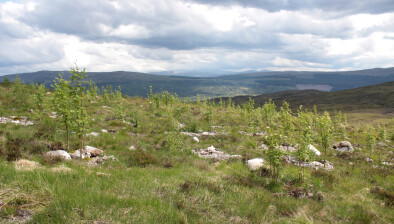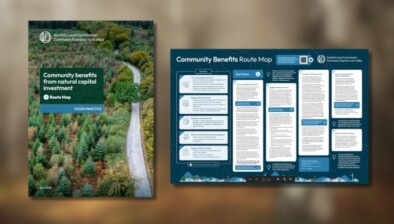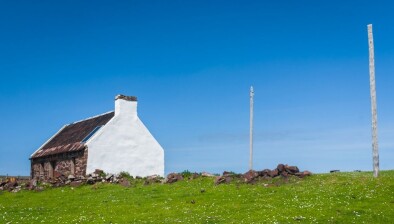Land leaders discuss responsible ownership

Landowners and managers within Loch Lomond and the Trossachs National Park came together to discuss good practices and help stimulate fresh thinking to ensure Scotland’s land is managed responsibly.
The event at Kinlochard Village Hall was hosted by the Scottish Land Commission, in partnership with Scottish Land and Estates and Loch Lomond and the Trossachs National Park Authority, featuring sessions and discussion around fairness, engagement and opportunities for land in Scotland.
It is the latest Scottish Land Commission event focusing on the Scottish Land Rights and Responsibilities Statement (LRRS) – a statement articulating the best practice and vision for the ownership, use and management of land, setting out how there should be a balance between the rights of landowners, managers, local communities and society at large.
Emma Cooper, head of land rights and responsibilities at the Scottish Land Commission said: “It is encouraging to have such positive engagement from significant landowners and managers in the national park in developing good practice. Each participant took time away from their usual activities to consider what responsible landownership looks like, demonstrating leadership and commitment to good practice.
“The group of landowners and managers expressed their support for the principles of the LRRS. Insights were shared about practical good practices in community engagement and transparency and there was robust discussion about land reform legislation and voluntary approaches.”
The discussion focussed on routes to collaboration between landowners, land managers and communities – citing case studies from Luss Estates and Lochgoil Community Trust showing the mutual benefits that collaborative planning brings landowners and communities.
Sarah Madden, policy adviser (rural communities) at Scottish Land and Estates (SLE), said: “Land managers are often immersed in the practicalities and complexities of land and business management rather than the wider policy landscape, so this event was a fantastic opportunity to connect land managers with the Scottish Land Commission.
“The discussions around good practice in land management and the challenges that can arise in effective community engagement were hugely constructive and honest. It was particularly useful to hear from the fantastic case studies – a community strategy success story from a land manager’s perspective as well as the successes and challenges of managing a Community Trust in the park.
“Connecting these different perspectives is imperative for the formation of sound ideas and policy. SLE looks forward to continuing to work with the Commission and our members on the sharing of perspectives and finding solutions that benefit all of rural Scotland, so we can deliver even more for people, jobs and nature.”







